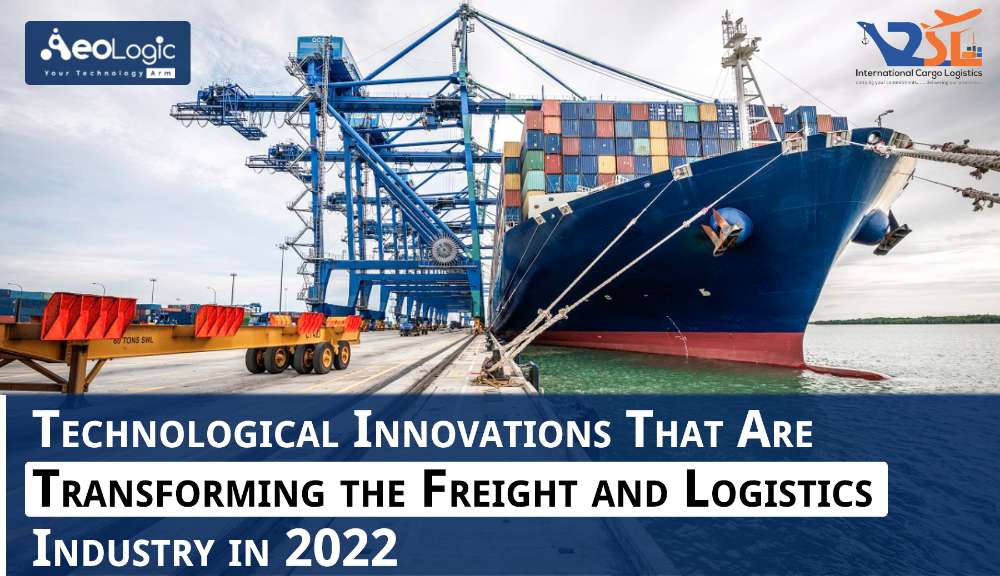It would be hard to imagine our daily digital lives without modern logistics. As consumers, we can shop online at any time of day or night, and we expect everything to arrive on time, whether it’s clothing, printer spare parts, or a set of screws. According to Statista’s statistics database, online shopping is booming in 2018. Courier parcel service has made billions of deliveries, and this trend is expected to continue. But the question is how does all this work so smoothly, safely, and on time after all we live in turbulent times, digitalization, climate crisis, growing world population, and political and economic instability.
How does the logistics industry deal with such difficulties? We need to delve deep into the world of modern logistics to find answers to these questions.
Technological Innovations in Freight and Logistics Industry
Following are the four technological innovations in logistics and freight industry:
1. Cloud Computing
Modern logistics involves the implementation of cloud computing solutions to optimize the workflow. The well-known cloud computing solution allows for the automation of planning, better organization, and shipment tracking without the use of human resources. The fewer humans are involved in running the workflow the less errors are likely to occur. As a result, it lowers operational costs and provides numerous benefits to the business in a variety of ways. (Ultram)
2. Internet of Things
If a business owner wants to reduce operational costs, decrease maintenance risks, and improve the efficiency and effectiveness of their business, they should implement internet of things (IoT) technology. Already, more than half of the logistics industry’s businesses are reaping massive benefits from IoT devices. IoT devices enable the user with better visibility, tracking, and temperature status of the product if required.
3. Data Analytics
Like any other industry and any other business, a vast amount of data is generated in the logistics business. This data can be collected effectively with the help of data analytics tools. This comprehensive data can be used to make prominent decisions and give the business a good amount of competitive advantage and eventually it will lead to the success of the business. The insights generated by data analytics are highly accurate and appropriate at the same time.
4. Blockchain
Logistics is a particularly good use for blockchain technologies because one has different people at different steps of the chain who are unknown to each other and managed by different entities..Different entities are owned by different people with competing financial interests, but all of them must agree that during the movement of the product, all of these different steps of paperwork and bureaucracy normally had to rely on some central party to manage on their behalf. In the logistics and freight industry, we really have the power of the decentralized network that’s moderated between the different people who have an interest in maintaining the state of things, to make sure that nobody cheats and nobody can have a sort of central special access to the people who administer the entire flow of events.
Conclusion
To sum up, all of the technologies mentioned above are changing the world of the logistics and freight industry in a phenomenal way and there are a lot more benefits that these technologies offer to the supply chain industry. If you haven’t thought about implementing these technologies so we suggest you please think again.
Contact us at support@aeologic.com and let us shape the future together reliably, affordably, and with quality efficiency.






